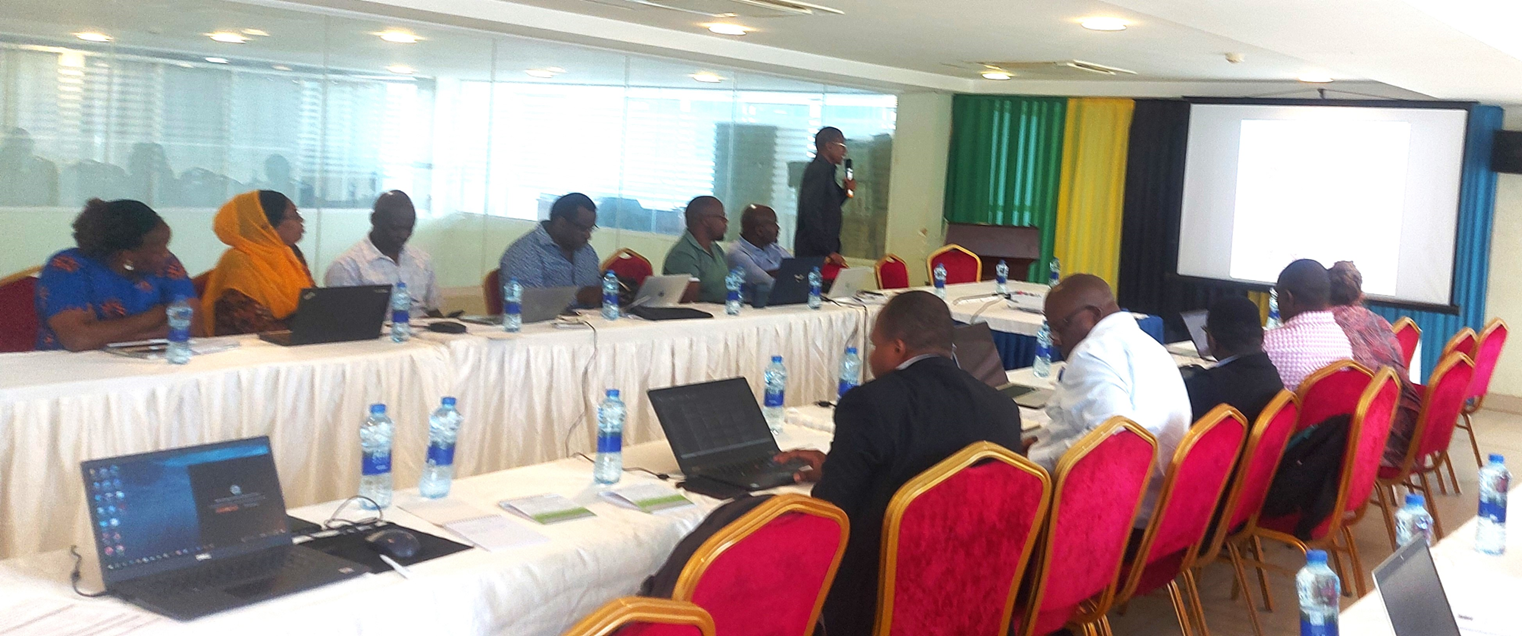
Schistosomiasis research
Schistosomiasis research
Schistosomiasis, also known as bilharziasis, is a neglected tropical disease (NTD) caused by parasitic trematode worms. Transmission occurs via freshwater snails, and poor communities with limited safe drinking water or inadequate sanitation are particularly impacted. Globally, about 250 million people are affected by schistosomiasis, with a fifth of those infected being children aged 5 years or under.
The WHO NTD road map 2021–2030 stipulates among its goals the elimination of schistosomiasis as a public health problem in all endemic countries and the interruption of its transmission (absence of infection in humans) in selected countries. TDR’s activities in this context focus on implementation research for integrated delivery models of treatment approaches in African countries, through the Access and Delivery Partnership (ADP), and collaboration with researchers on the ground as well as with key partners such as PATH.
Furthermore, TDR’s Massive Open Online Course (MOOC) on implementation research has been employed to inform the development of community engagement activities to increase awareness of schistosomiasis, improve health-seeking behaviours and increase the uptake of existing treatments.

Stakeholders consultative meeting held on 18th May 2023 to validate a strategy for integrated delivery models for paediatric praziquantel in the United Republic of Tanzania
Our work
Paediatric apraziquantel for schistosomiasis treatment
Praziquantel is the drug of choice for schistosomiasis, used both as means for chemo-prevention through regular administration campaigns and as treatment for infection. Following the successful clinical trialling of paediatric arpraziquantel (arPZQ), WHO expanded its guidelines for the control and elimination of schistosomiasis to include pre-school aged children.
Efforts are now under way, through activities supported by the Access and Delivery Partnership (ADP) and partners including TDR, and in close collaboration with the Pediatric Praziquantel Consortium, to develop arPZQ treatment implementation strategies in countries where the disease is endemic.Early work in the Republic of Tanzania, led by Dr Paul Erasto Kazyoba and colleagues at the National Institute for Medical Research (NIMR), evaluated the means to strengthen the capacity for delivery and update of arPZQ for schistosomiasis in this setting. Efforts to further strengthen high-level engagement and to develop relevant national guidelines and treatment manuals continue. Most recently the team held a stakeholder meeting with representatives from Medical Stores Department, Neglected Tropical Diseases Control Programme, Nutrition Section in the Ministry of Health, National Institute for Medical Research, Department of Health, Nutrition and Social Welfare Services in the President’s Office Regional Authority and Local Government, Muhimbili University of Health and Allied Sciences, Pediatric Association of Tanzania, PATH, UNDP, as well as Regional Medical Officers from Simiyu and Dodoma, aimed at validating the strategy for arPZQ delivery in Tanzania.
The team is further developing an implementation research project, aiming to conduct a study to test the feasibility, acceptability and cost of integrated delivery modes for arPZW treatment, with technical support from TDR. These could include roll-out through standard vitamin A supplementation in postnatal clinics or through community-based mass drug administration efforts.
News

